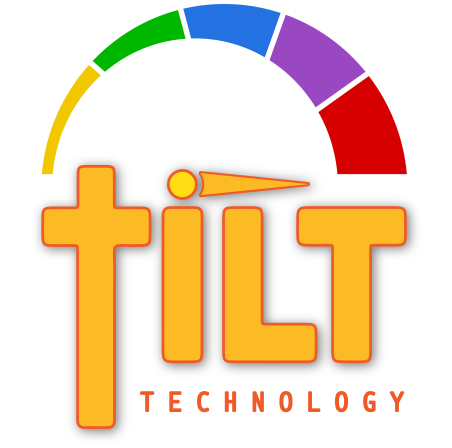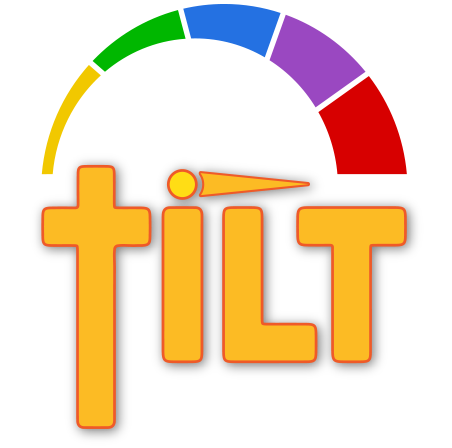What is Interoperability?
Interoperability refers to the ability of different information technology systems and software to communicate and exchange data. It is crucial to healthcare for several reasons. It improves care coordination, enhances patient safety, and increases efficiency and productivity. HIE facilitates seamless communication and data exchange among diverse healthcare systems by leveraging interoperability standards, protocols, and technologies. This enables providers to access timely and relevant patient information to aid in informed decision-making and improve patient care coordination.
Statistics
Only 46% of hospitals in the United States reported that they could electronically find, send, retrieve, and integrate patient information from outside providers (Office of the National Coordinator for Health Information Technology, 2019).
About 30% of physicians reported experiencing challenges in exchanging patient health information due to interoperability issues. (Health Affairs, 2019).
Nearly 50% of surveyed healthcare providers stated difficulty accessing patient data outside their organization. (American Hospital Association, 2018)
More than 60% of physicians reported that they do not have access to all the patient information they need through their EHR system. (Medical Economics, 2020)
Why is Interoperability Important?
Challenges posed by lack of interoperability include fragmented patient records and incomplete patient information, difficulty accessing a comprehensive view of a patient’s medical history, and delayed or inaccurate diagnosis due to a lack of timely access to patient information.
The state of healthcare systems
- As of 2020, 86% of non-federal acute care hospitals had adopted at least a basic EHR system, but only 46% reported robust interoperability capabilities. (Office of the National Coordinator for Health Information Technology, 2020)
- About 80% of physicians use some form of EHR, but only 32% reported being satisfied with their system’s interoperability. (American Medical Association, 2019)
Benefits of Interoperability
Improved Patient Care and Outcomes
-
-
- A study found that patients whose healthcare providers could easily access their medical records experienced a 9% reduction in hospital readmissions. (Health Affairs, 2019)
- Improved interoperability is associated with a 13% reduction in duplicative medical testing, leading to better patient outcomes and reduced healthcare costs. (RAND Corporation, 2016)
- Enhanced Care Coordination: Interoperability facilitates better care coordination among multiple providers, leading to more effective and timely treatments. This reduces the need for emergency interventions and hospital readmissions, which are expensive and preventable.
-
Operational Efficiency
-
-
- Hospitals that have achieved high levels of interoperability report a 16% increase in operational efficiency. (HIMSS Analytics, 2020)
- Efficient data exchange and integrated EHR systems can reduce the time clinicians spend on administrative tasks by up to 20%, allowing more time for patient care. (American Medical Association, 2018)
-
Cost savings
- Improved interoperability could save the U.S. healthcare system $30 billion annually by reducing redundant tests, administrative inefficiencies, and delays in care. (Center for Information Technology Leadership, 2005)
-
- Elimination of Duplicative Tests: When healthcare providers can easily access a patient’s complete medical history, unnecessary repeat tests and procedures can be avoided. This not only saves money but also reduces patient exposure to potentially harmful procedures. A study by RAND Corporation found that improved interoperability could reduce duplicative medical testing by 13%.
- Streamlined Administrative Processes: Interoperable systems reduce the need for manual data entry and reconciliation, decreasing administrative workload and costs. Hospitals could save up to $8.3 billion annually in administrative costs through streamlined data exchange and interoperability (Black Book Market Research, 2018).
- Improved Billing and Claims Processing: Accurate and complete patient data facilitate more efficient billing and claims processing, reducing delays and denials. Enhanced data exchange between providers and payers helps minimize errors and administrative burden associated with claims management.
-
How TILT helps with Interoperability
TILT Technology is your total healthcare IT solution. We have the products and services to help ensure more practices are able to achieve interoperability, and share patient information easily and responsibly. You can even buy CGM MEDISOFT products right from our website. Contact us today to learn more about how we can help you achieve interoperability.










